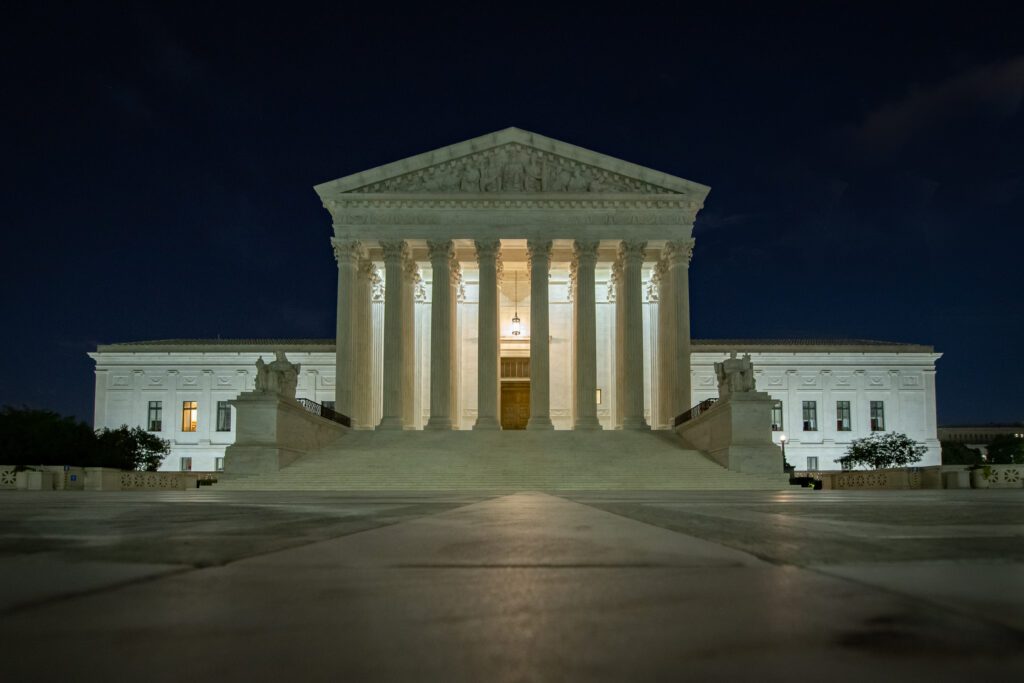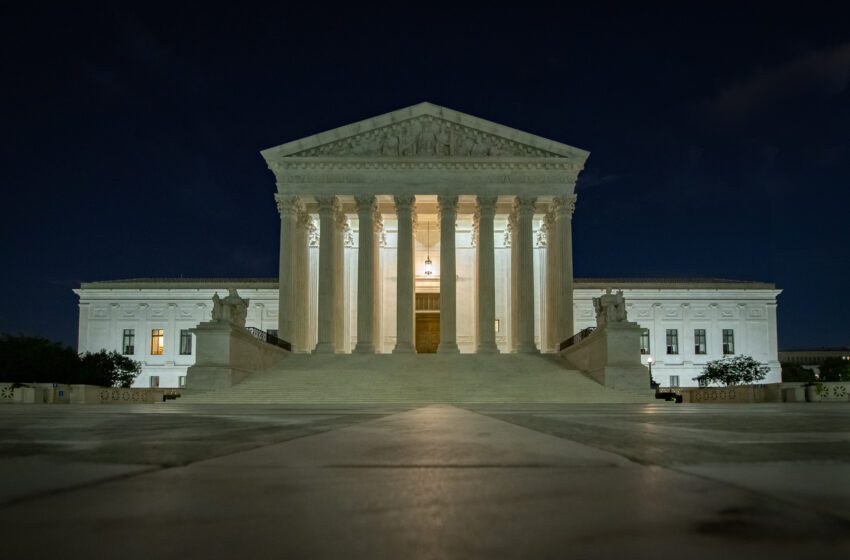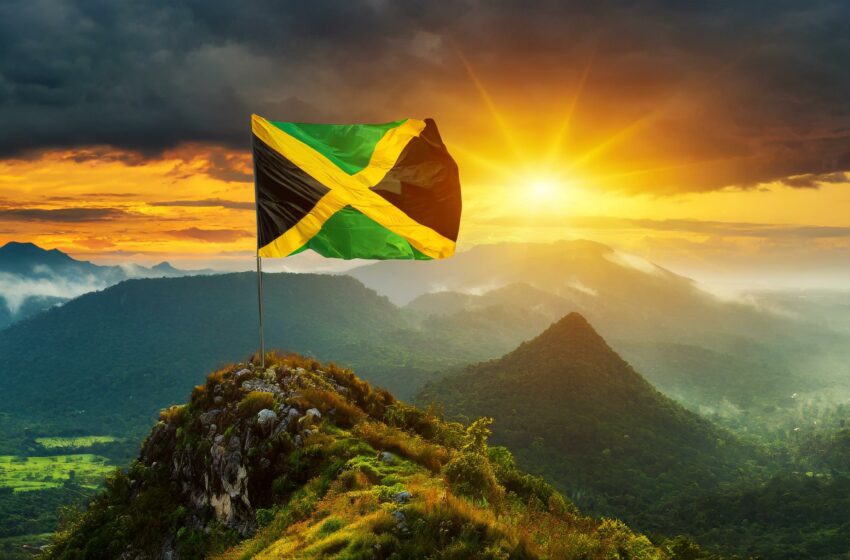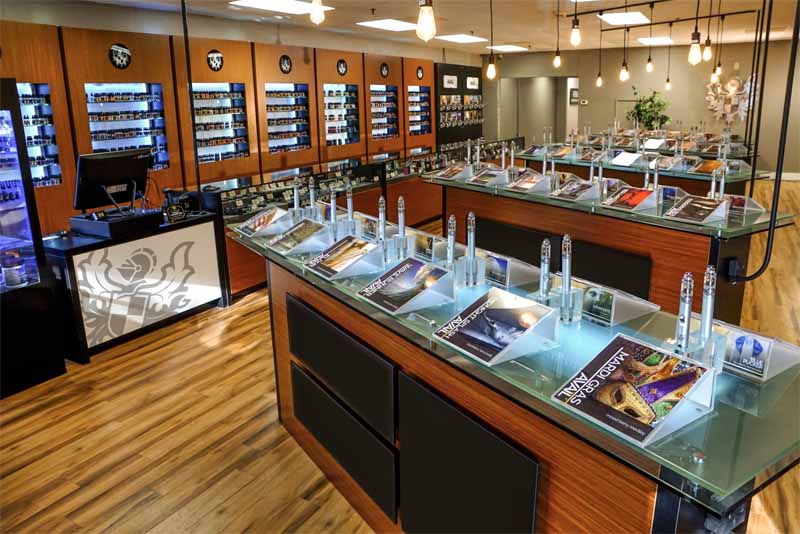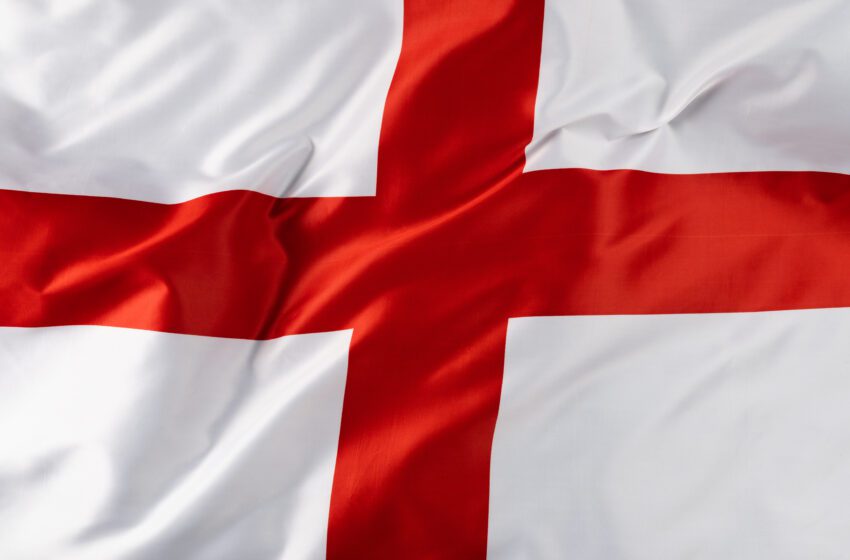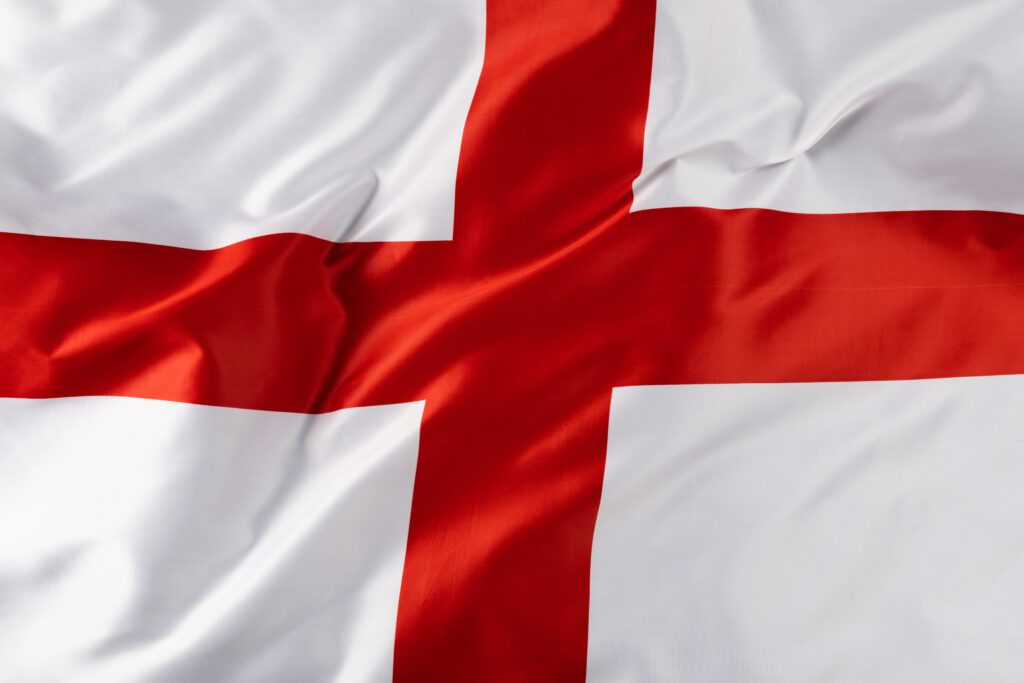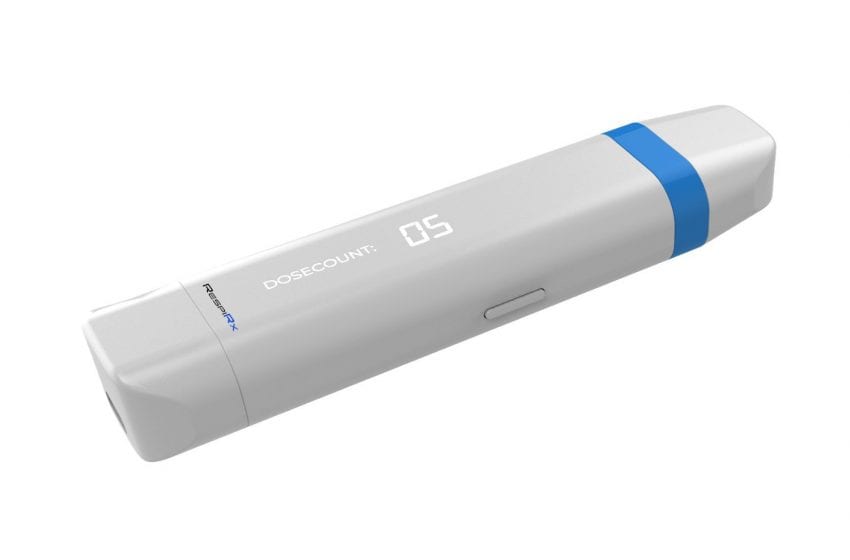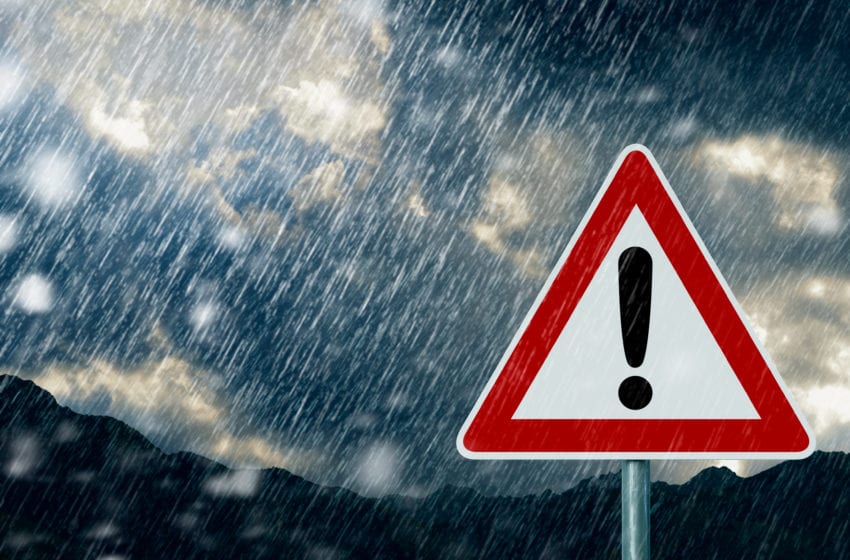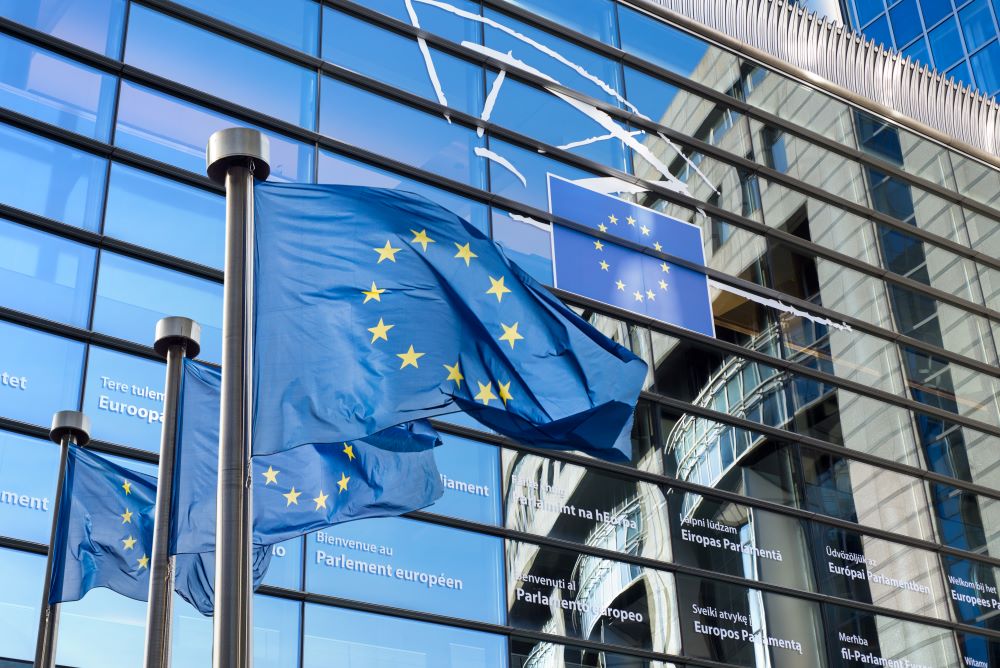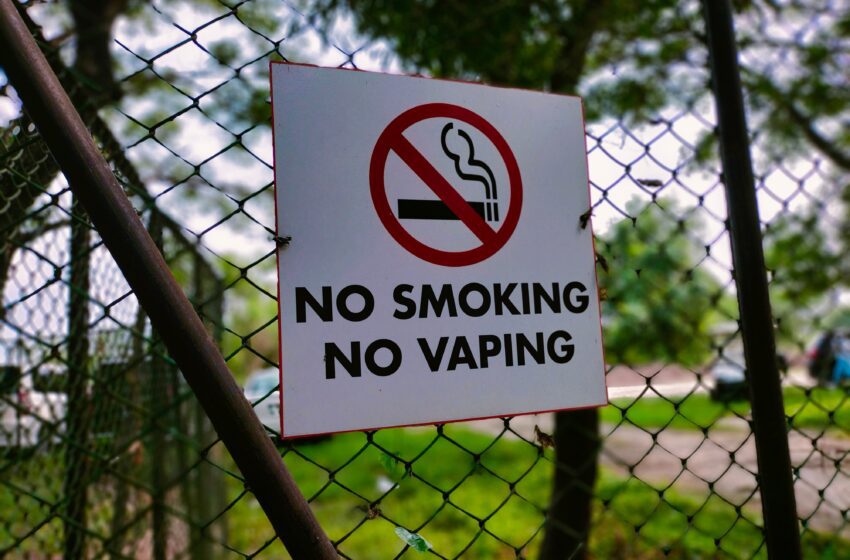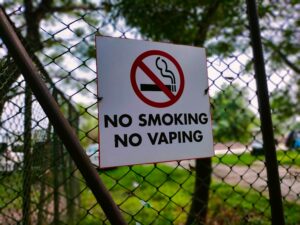
This week, the Coalition of Manufacturers of Smoking Alternatives (CMSA), a trade coalition that represents a diverse array of members who manufacture and distribute smoking harm reduction products, filed an amicus curiae brief before the Supreme Court of the United States supporting White Lion Investments, dba as Triton Distribution, in its case against the U.S. Food and Drug Administration.
In its brief, CMSA argues that FDA violated the Family Smoking Prevention and Tobacco Control Act (TCA) in its wholesale rejection of applications for flavored vaping products by applying a surprise and improperly adopted standard and foregoing the required notice-and-comment process. The brief emphasizes that the U.S. Congress specifically requires the FDA to undergo a transparent rulemaking process before imposing any restriction that amounts to a “tobacco product” standard.
“Importantly, this process tasks FDA with considering the broader public health effects of any such standard, ‘such as creating demand for and increasing the use of unregulated black-market products,’ or other harmful consequences,” the CMSA states. “In its efforts to unilaterally reject flavored vapor product applications based on a new and heightened standard, FDA unlawfully sidestepped this critical regulatory check and operated outside the bounds of its authority.”
The CMSA states that the FDA circumvented the very procedures Congress imposed to check the arbitrary or unreasonable exercise of such delegated power, and causes real harms as the FDA “misleads and whipsaws” manufacturers seeking to provide a robust set of options for consumers seeking to quit smoking,” the CMSA wrote in its brief. Further adding that “the long delays in FDA’s review of the many PMTAs (premarket tobacco product applications) it has received, coupled with the moving goal posts imposed via the review process, creates a level of uncertainty that severely deters investment and innovation in new products with harm-reduction potential.”
Earlier this week, 13 members of Congress, including U.S. Senator Roger Marshall and U.S. Representative Andy Harris, filed an amicus brief supporting the position of Triton Distribution and CMSA. In their brief, the members of Congress write, “There is a clear lack of authority for such a ban. Congress has specifically prohibited the FDA from banning products. Despite this, the FDA imposed a categorical prohibition.”
Also, the Global Action to End Smoking wrote in its amicus brief to SCOTUS that the FDA strayed from a “sensible, science-based harm-reduction approach, adopting an all-or-nothing stance that exalts outright cessation and all but ignores the harm-reduction strategy that Congress mandated…. [ignoring the] overwhelming scientific evidence that e-cigarettes containing flavor additives have an important role to play in moving adult smokers down the continuum of risk.”
SCOTUS announced Dec. 2, 2024 as the date for the U.S. Food and Drug Administration v. Wages and White Lion Investments, LLC, d/b/a Triton Distribution hearing.
